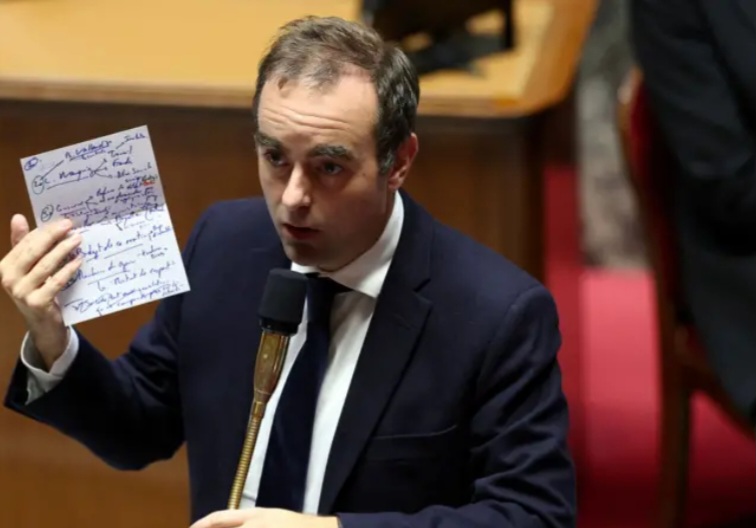
Crystal Dike
French Prime Minister Sébastien Lecornu on Thursday, October 16 survived two no-confidence votes in Parliament, narrowly avoiding the fate of his recent predecessors amid growing political turbulence in France.
Each motion required 289 votes to pass. The first, filed by the far-left party La France Insoumise, failed by a slim margin of just 18 votes — much narrower than analysts had expected. The second motion, backed by Marine Le Pen’s far-right party, was widely seen as symbolic and was never expected to succeed.
Lecornu’s survival marks a rare reprieve for a government struggling to maintain stability. In recent months, France has seen two prime ministers depart under similar pressure: François Bayrou, who was ousted after calling a no-confidence vote in himself last month, and Michel Barnier, who resigned in December 2024 after losing a parliamentary vote.
Despite Thursday’s outcome, Lecornu faces an uphill task in steering the government’s agenda through a deeply fragmented National Assembly, where his party lacks a majority. His immediate challenge is passing the 2026 budget, a process expected to reignite divisions across party lines.
The BBC correspondent reports that the Socialists agreed not to back today’s censure motion only after Lecornu offered to suspend controversial pension reforms. However, the party has vowed to challenge key aspects of his proposed budget, suggesting future votes could be more difficult.
After the votes, Lecornu was seen walking back to his office at the Hôtel de Matignon, trailed by television cameras. Speaking to reporters, he said he was “relieved” and “back to work,” adding: “The debates on the budget and other challenges needed to be able to start — and they will start now.”
